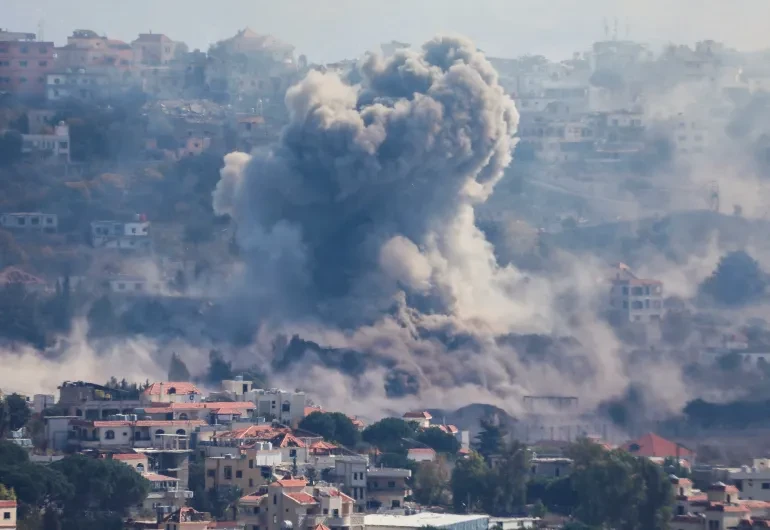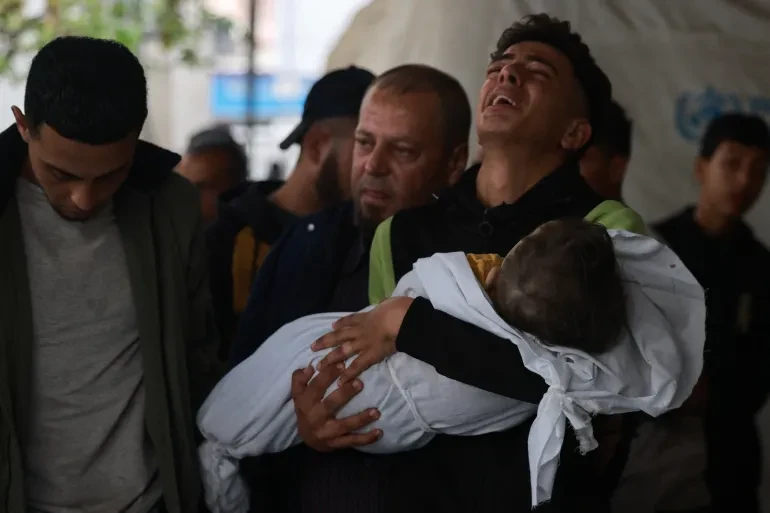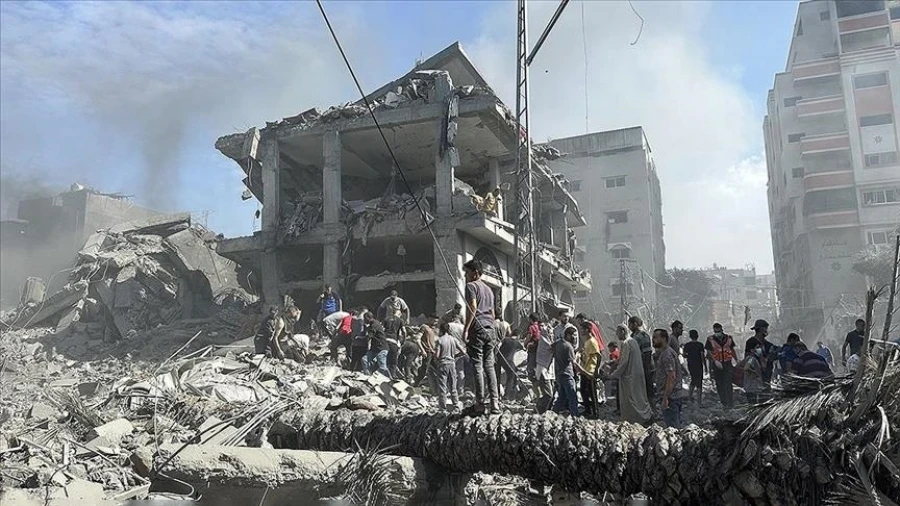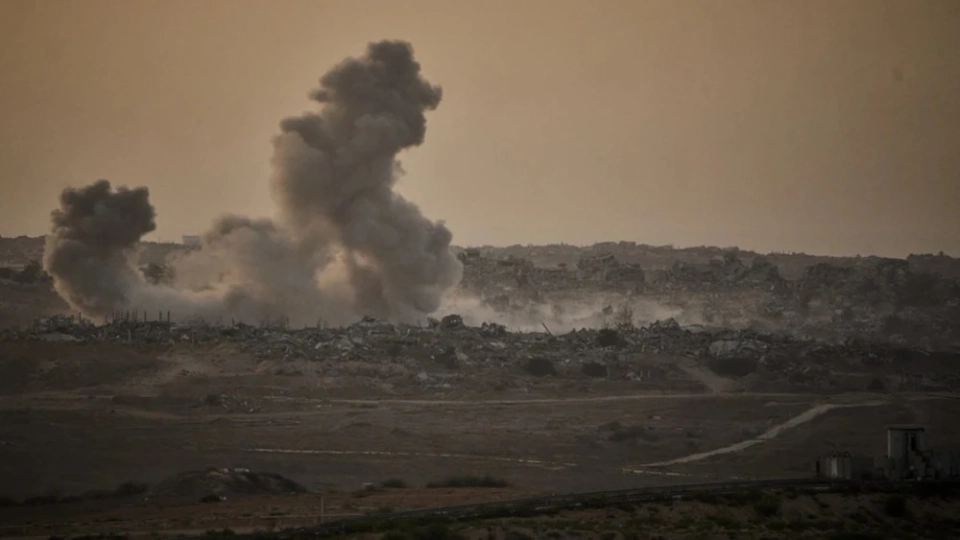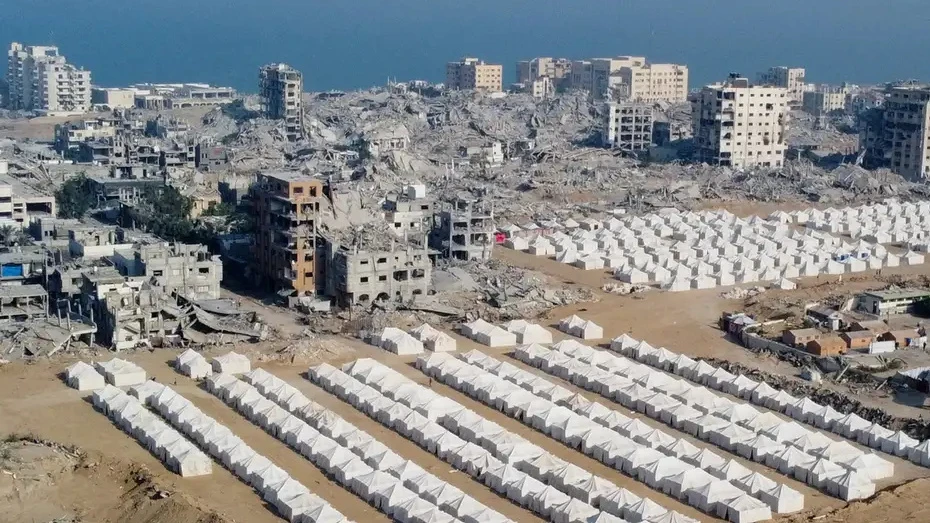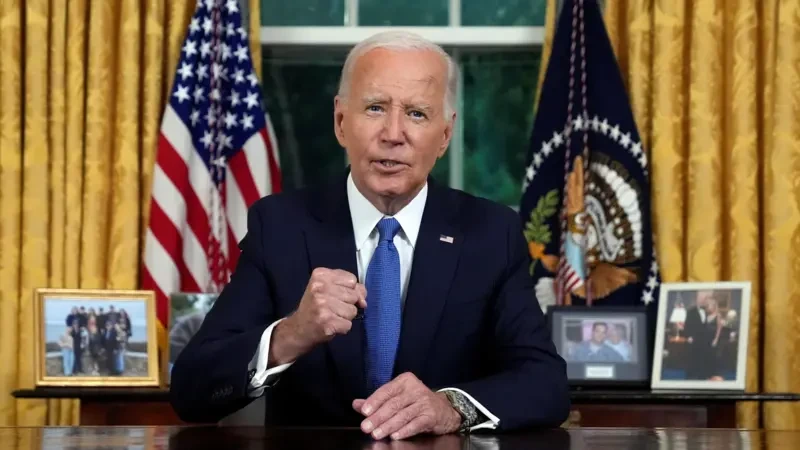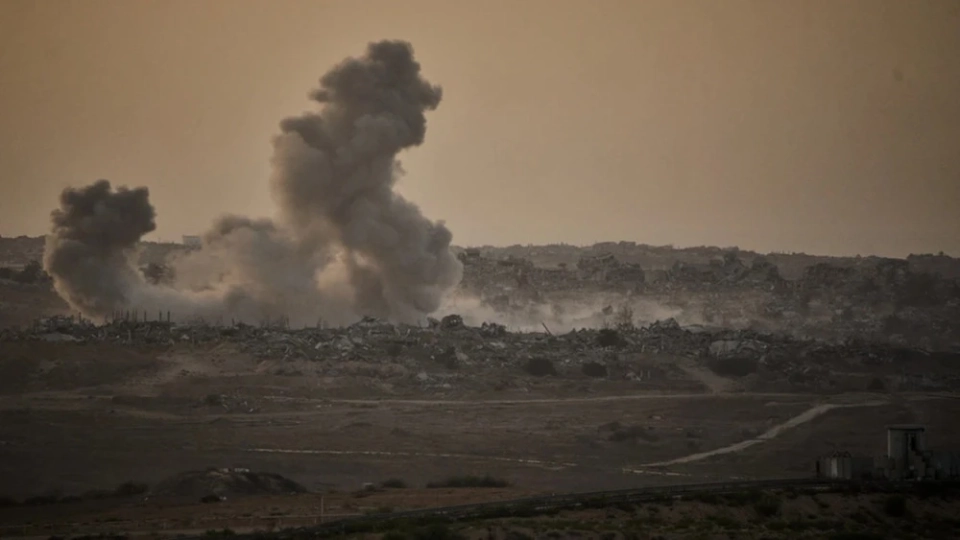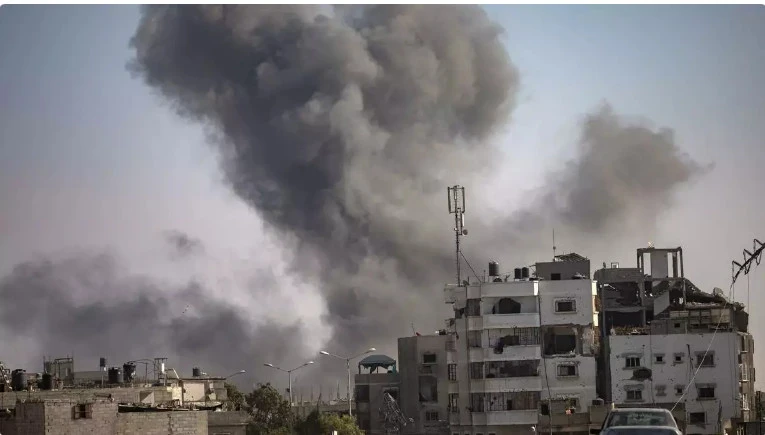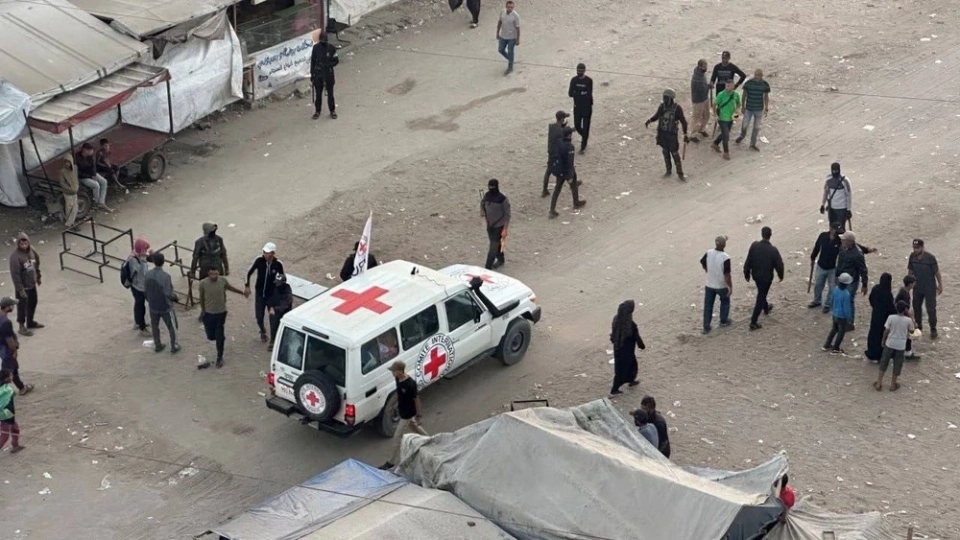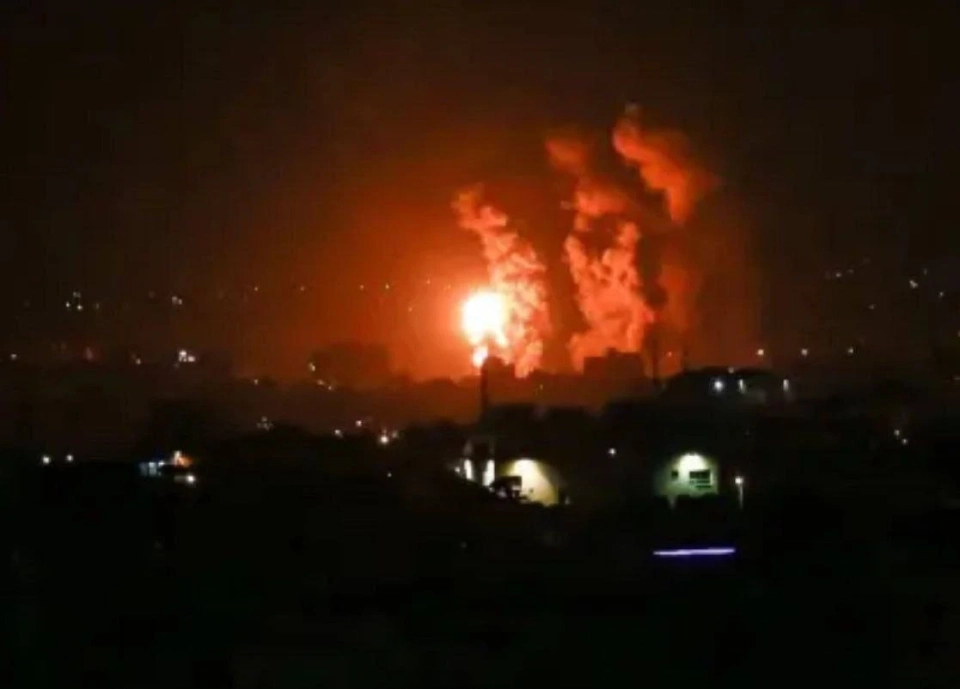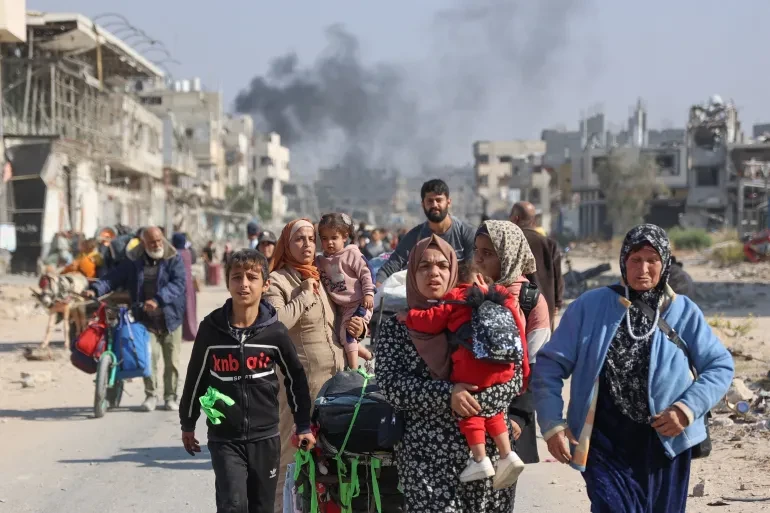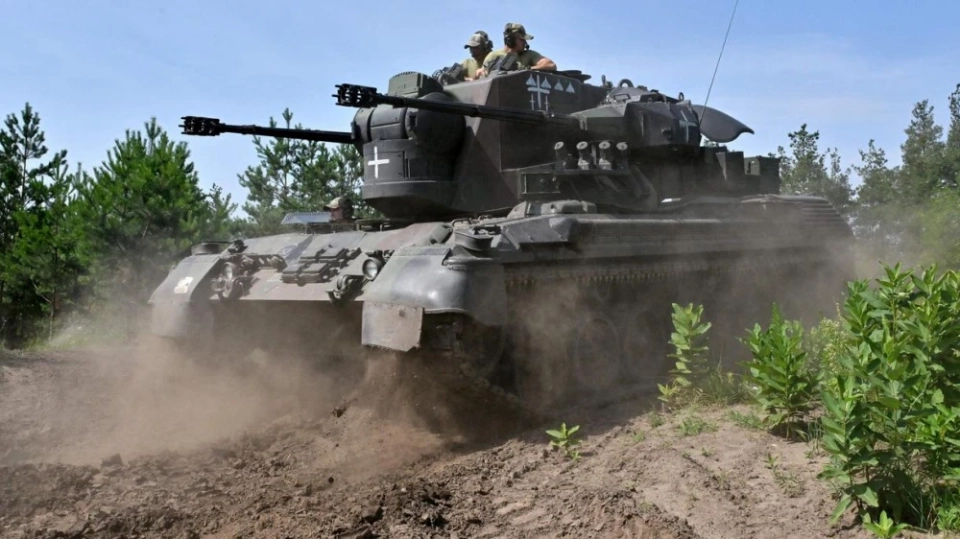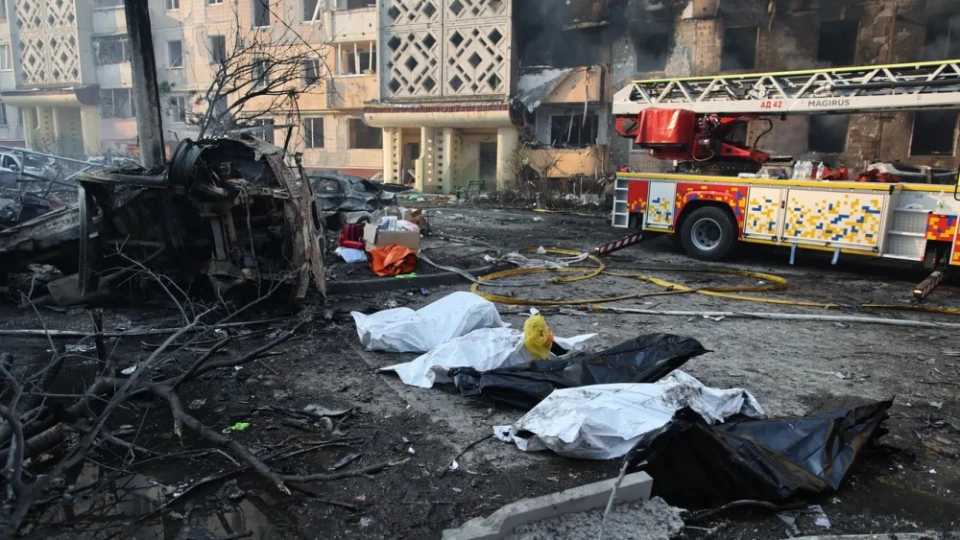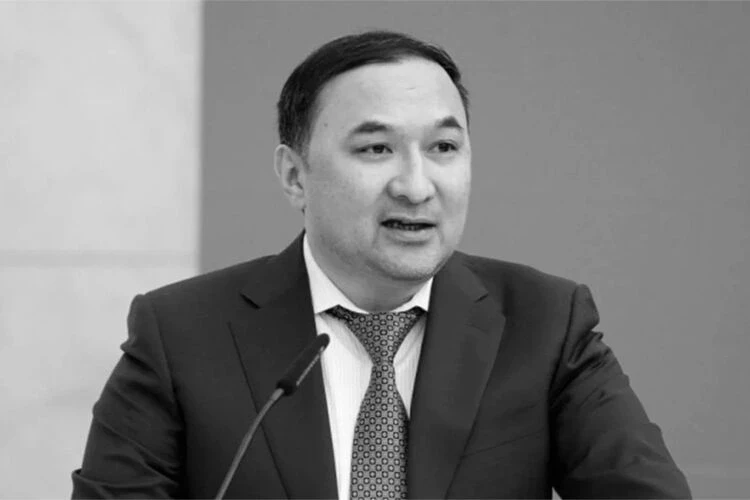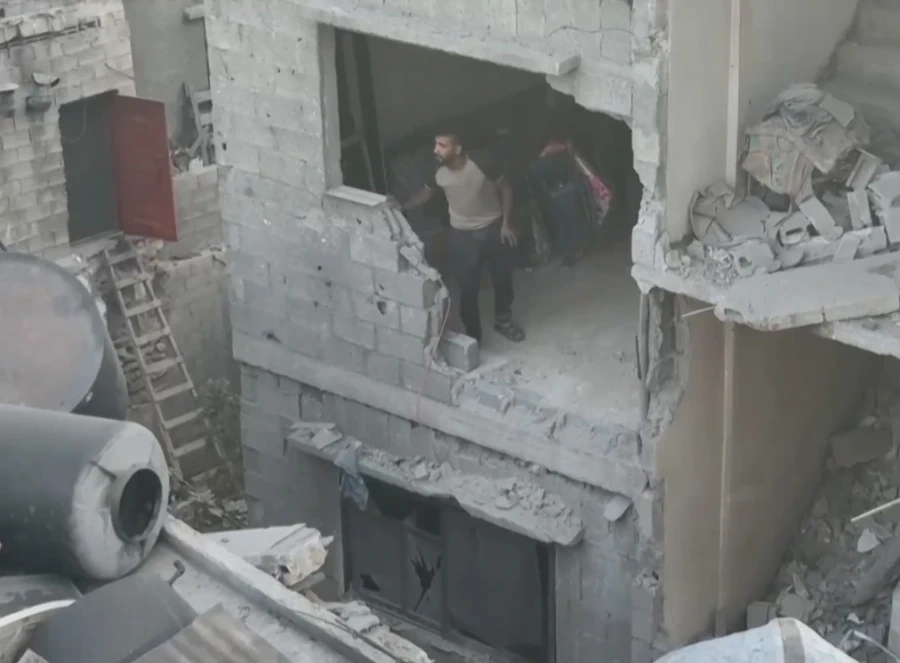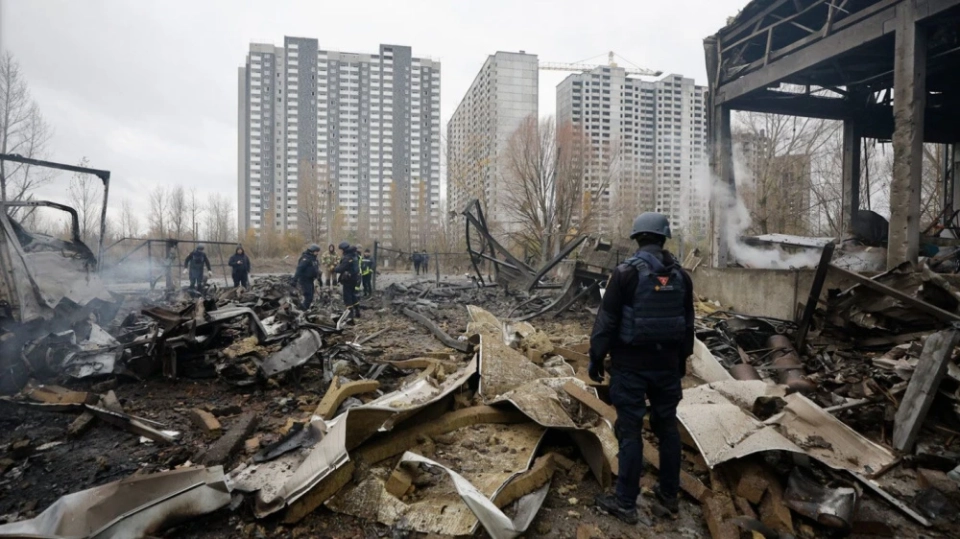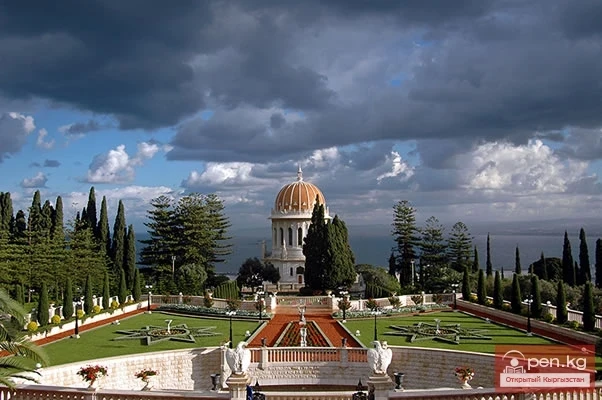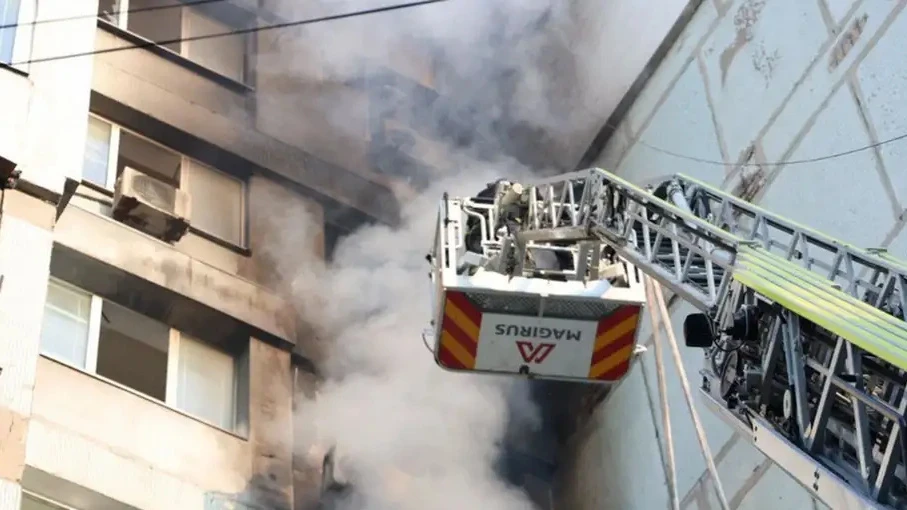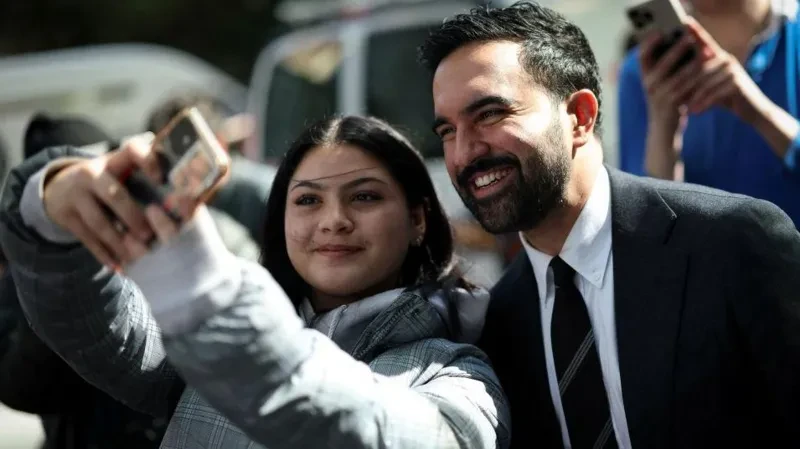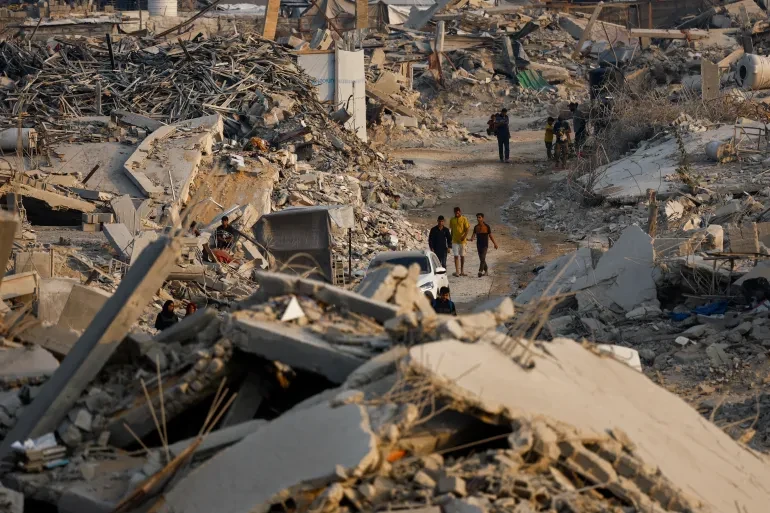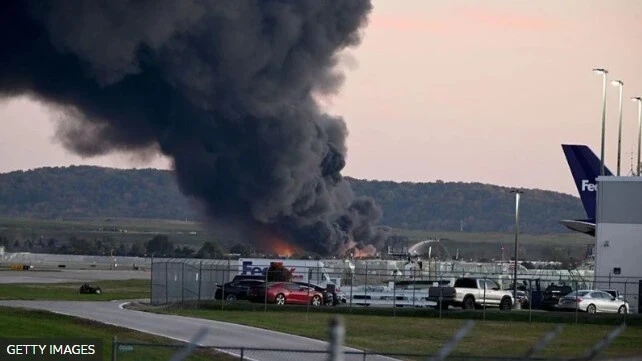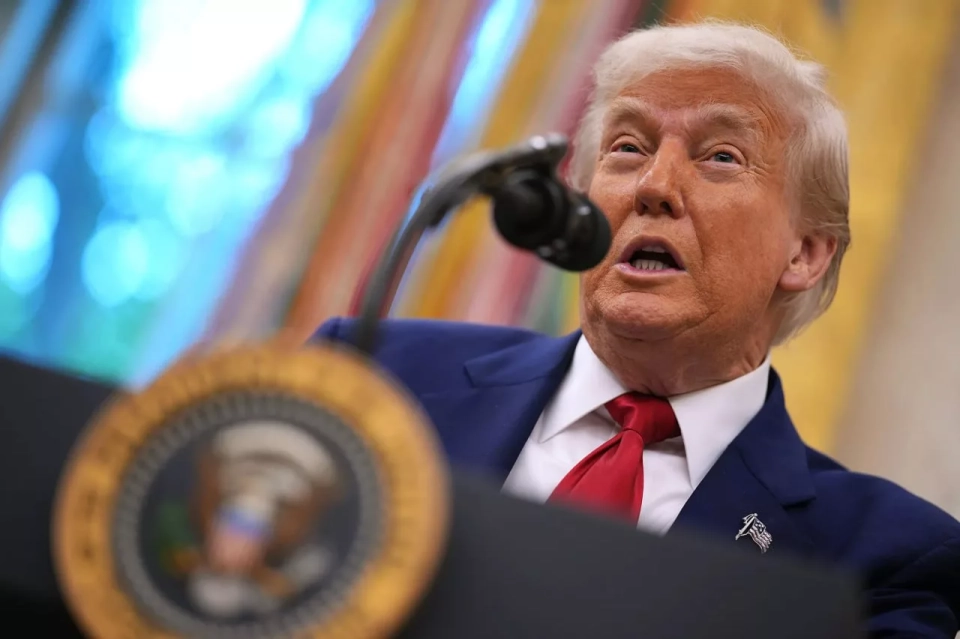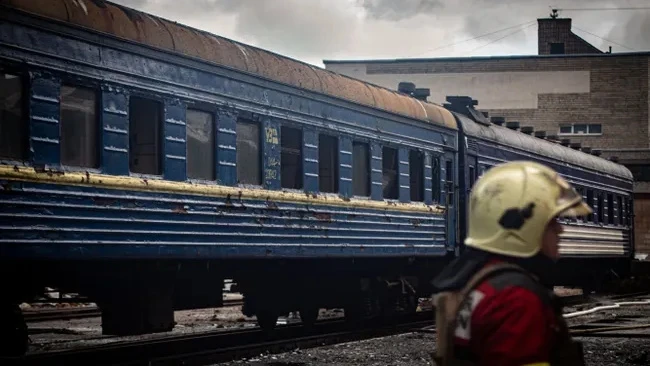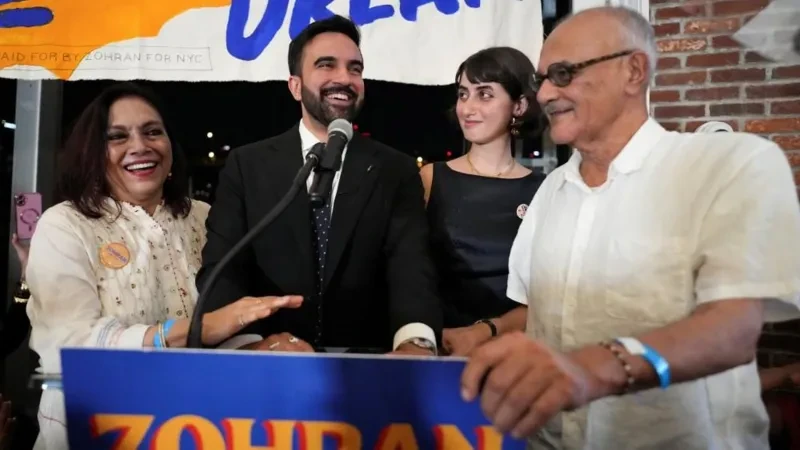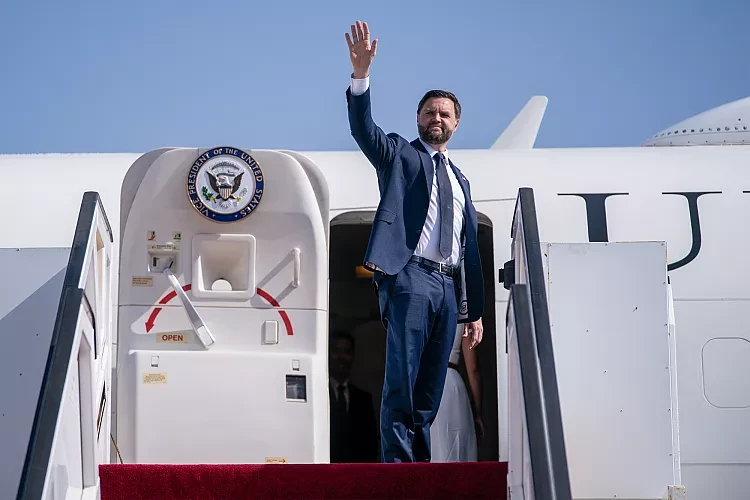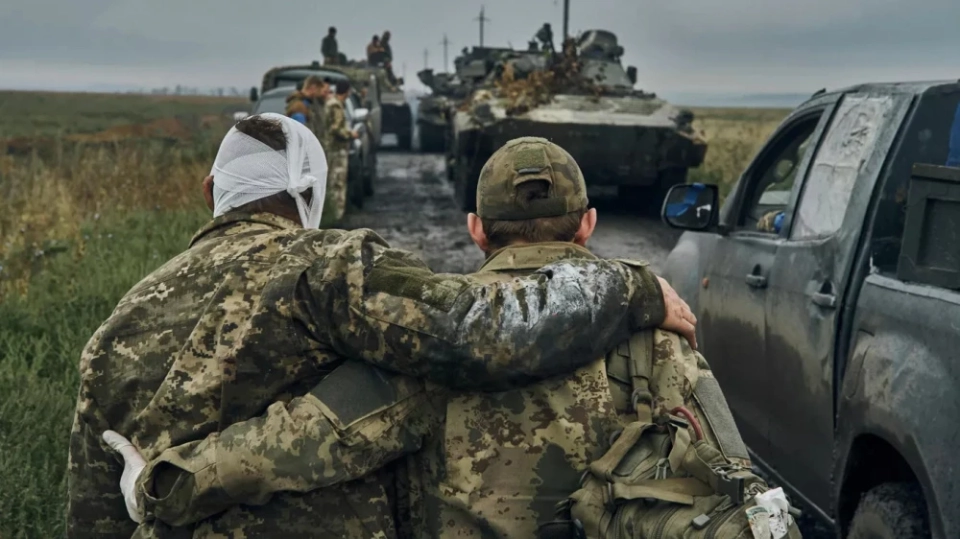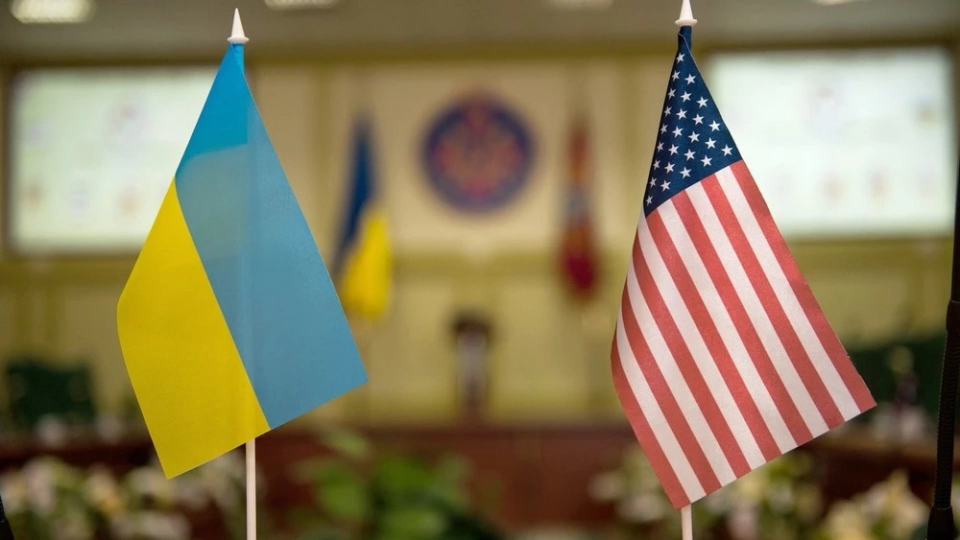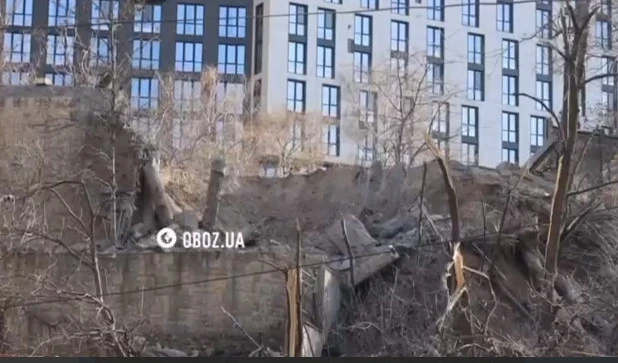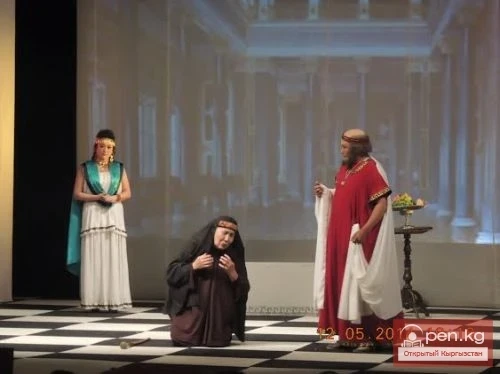Tabatabai, who had significant experience and held several high positions within the organization, became a victim of the strike that, according to the Lebanese Ministry of Health, claimed the lives of at least five people and injured 28.
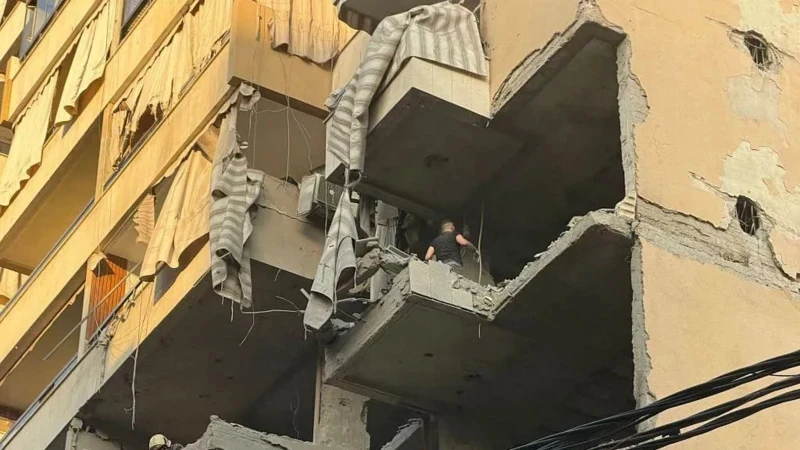
The residential building destroyed in the strike on the southern outskirts of Beirut. Photo AFP via Getty Images.
The "Hezbollah" group confirmed the information about Tabatabai's death, stating that Israel has crossed a "red line" with this aggressive action.
This event marked the first strike in the southern part of Beirut in recent months and occurred against the backdrop of escalating conflict between Israel and "Hezbollah"—a Shiite group supported by Iran—despite the ceasefire reached through the mediation of the United States and France in November last year.
Israel withdrew most of its troops from Lebanon as part of a ceasefire agreement; however, it left its forces at five positions, which Lebanon views as an occupation.
According to Israeli authorities, "Hezbollah" is attempting to restore its military capabilities by smuggling weapons and increasing drone production as an alternative to missiles, raising concerns about a possible escalation of the conflict.
Israeli Prime Minister Benjamin Netanyahu stated, "The State of Israel will not allow 'Hezbollah' to restore its strength and will not let it become a threat to our country again."
Lebanese President Joseph Aoun called on the international community to pressure Israel, which continues to occupy several towns in southern Lebanon, emphasizing that Israel's actions violate the agreement that ended the 13-month conflict.
While the Lebanese government promised to disarm "Hezbollah," the group insists that it will not disarm until Israel stops its attacks, withdraws its troops, and releases Lebanese prisoners.
